An overview of selected new books in Szilárd Library, with a word from their authors, reviewers and publishers
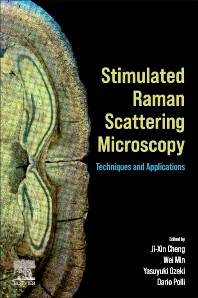
Edited by Ji-Xin Cheng
This book describes innovations in instrumentation strategies that have pushed the physical limits of SRS microscopy, data science methods, chemical probe development, vibrational probes (which increased the SRS imaging functionality), and recent efforts in miniaturization.

By Claudia Tanja Mierke
Focusing on the mechanical properties of cells, this book introduces and explains state-of-the-art biophysical methods and examines the role of mechanical properties in the cell/protein interaction with the connective tissue microenvironment.

By Ariel Fernández
In the era of big biomedical data, there are many ways in which artificial intelligence (AI) is likely to broaden the technological base of the pharmaceutical industry. This book focuses on dynamic drug/target interfaces using AI to solve core problems in molecular biophysics.
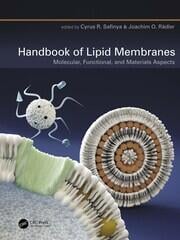
By Cyrus R. Safinya and Joachim O. Rädler
In the first edition of this handbook the fundamental physical and biochemical aspects of membrane-related processes in living cells are explained, with a reference on building bioinspired, artifical membrane-based systems such as gene delivery vehicles and synthetic membrane interfaces.
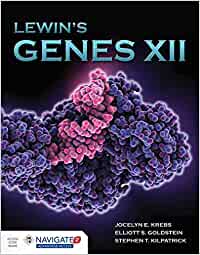
By Jocelyn E. Krebs, Elliott S. Goldstein and Stephen T. Kilpatrick
Long considered the quintessential molecular biology textbook, for decades Lewin’s GENES has provided the most modern presentation to this transformative and dynamic science. Now in its twelfth edition, this classic text continues to lead with new information and cutting-edge developments, covering gene structure, sequencing, organization, and expression.

By Kyle Harper
Plagues upon the Earth is a monumental history of humans and their germs. Weaving together a grand narrative of global history with insights from cutting-edge genetics, Kyle Harper explains why humanity’s uniquely dangerous disease pool is rooted deep in our evolutionary past.
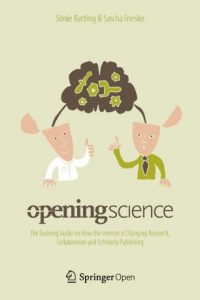
Edited by Sönke Bartling and Sascha Friesike
Many assume that research workflows will change more in the next 20 years than they have in the last 200. This book provides researchers, decision makers, and other scientific stakeholders with a snapshot of the basics, the tools, and the underlying visions that drive the current scientific (r)evolution called ‘Open Science.’
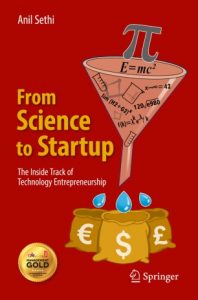
By Anil Sethi
This book charts the experiences, pitfalls and knowledge behind leading scientific ideas to successful startups. Written by one of Switzerland’s top serial entrepreneurs, this book is a must-read for scientists and academicians who want to see their idea turn into a product and change the market.







